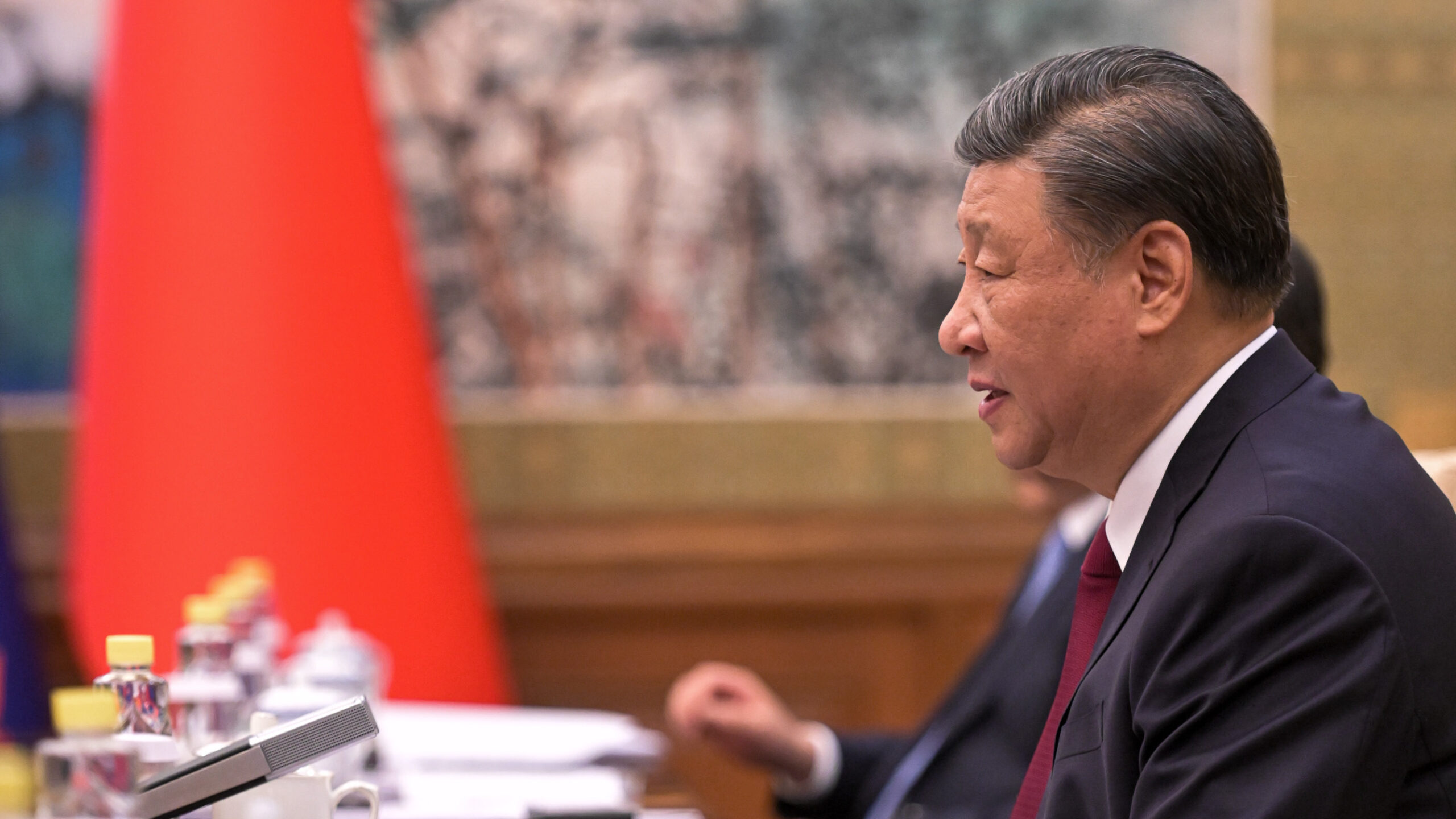
Roubini’s unconventional truth: The world has too much supply and not enough demand
Moreover, there is still slack in real-estate markets where booms went bust (the United States, the United Kingdom, Spain, Ireland, Iceland, and Dubai). And bubbles in other markets (for example, China, Hong Kong, Singapore, Canada, Switzerland, France, Sweden, Norway, Australia, New Zealand) pose a new risk, as their collapse would drag down home prices.
[Reposted from Market Watch | Nouriel Roubini | February 3, 2015]
Rising income inequality, by redistributing income from those who spend more to those who save more, has exacerbated the demand shortfall. So has the asymmetric adjustment between over-saving creditor economies that face no market pressure to spend more, and over-spending debtor economies that do face market pressure and have been forced to save more.
Simply put, we live in a world in which there is too much supply and too little demand. The result is persistent disinflationary, if not deflationary, pressure, despite aggressive monetary easing.
The inability of unconventional monetary policies to prevent outright deflation partly reflects the fact that such policies seek to weaken the currency, thereby improving net exports and increasing inflation. This, however, is a zero-sum game that merely exports deflation and recession to other economies.
Perhaps more important has been a profound mismatch with fiscal policy. To be effective, monetary stimulus needs to be accompanied by temporary fiscal stimulus, which is now lacking in all major economies. Indeed, the eurozone, the U.K., the U.S., and Japan are all pursuing varying degrees of fiscal austerity and consolidation.
Even the International Monetary Fund has correctly pointed out that part of the solution for a world with too much supply and too little demand needs to be public investment in infrastructure, which is lacking — or crumbling — in most advanced economies and emerging markets (with the exception of China).
With long-term interest rates close to zero in most advanced economies (and in some cases even negative), the case for infrastructure spending is indeed compelling. But a variety of political constraints — particularly the fact that fiscally strapped economies slash capital spending before cutting public-sector wages, subsidies, and other current spending — are holding back the needed infrastructure boom.
All of this adds up to a recipe for continued slow growth, secular stagnation, disinflation, and even deflation. That is why, in the absence of appropriate fiscal policies to address insufficient aggregate demand, unconventional monetary policies will remain a central feature of the macroeconomic landscape.
Nouriel Roubini, a professor at NYU’s Stern School of Business and chairman of Roubini Global Economics, was senior economist for international affairs in the White House’s Council of Economic Advisers during the Clinton Administration. He has worked for the International Monetary Fund, the Federal Reserve, and the World Bank.












